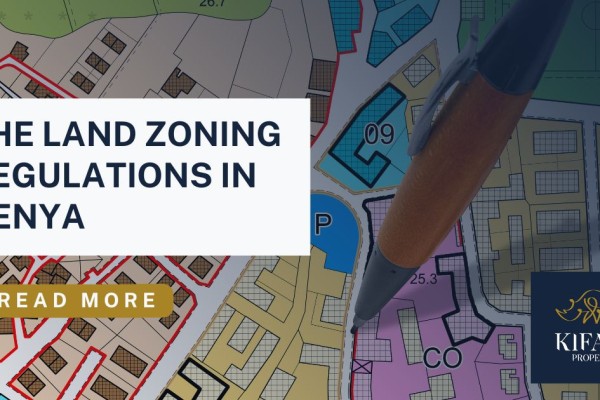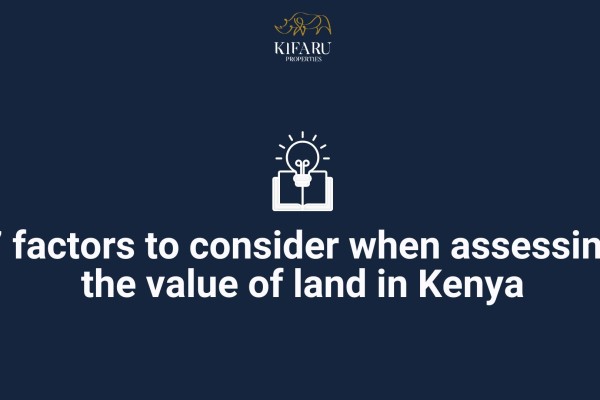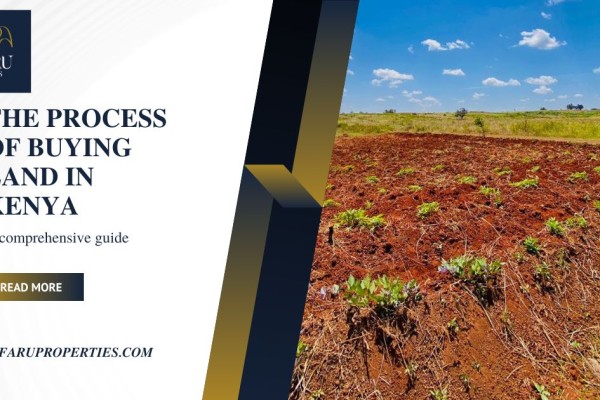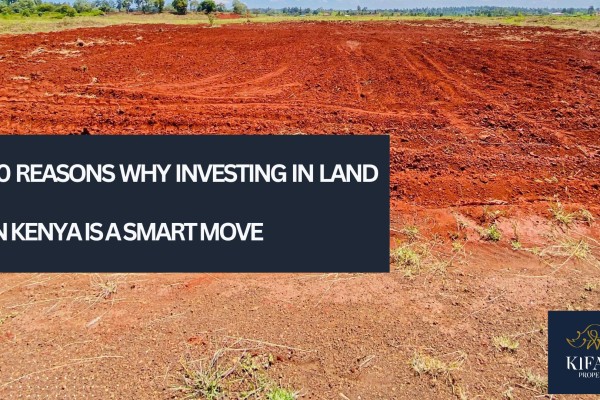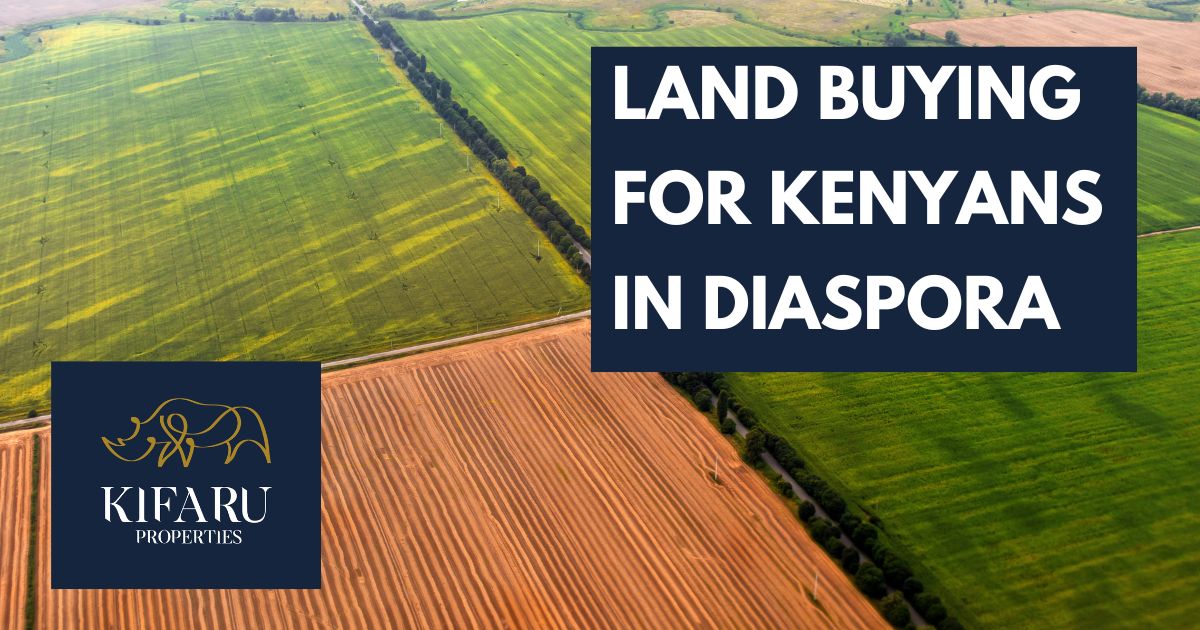
Whether you're thinking of building a home for retirement, helping family members, or investing in real estate development, buying land in Kenya as part of the diaspora comes with both opportunities and challenges.
Here’s what you need to know to navigate the land-buying process safely and wisely.
1. Identify Your Purpose
Before anything else, define why you want to buy land. Is it for building a family home, speculation (waiting for the land to appreciate), agriculture, or starting a business? Your purpose will help determine the location, size, and type of land you should consider.
2. Choose the Right Location
Not all land is created equal. Popular areas for diaspora investment include Nairobi Metropolitan areas (like Ruiru, Kitengela, and Joska), Naivasha, Nanyuki, and coastal regions like Malindi and Diani. Look for areas with good infrastructure, proximity to amenities, and future growth potential.
Tip: Research current and upcoming government infrastructure projects like roads or railways that could increase land value over time.
3. Work with Trusted Professionals
One of the biggest mistakes diaspora buyers make is relying solely on relatives or friends to handle land transactions. Always work with registered professionals:
- Alicensed lawyerfor legal due diligence and paperwork
- Aregistered land surveyorto confirm boundaries and land size
- Areal estate agent or companywith proven credibility
Insist on seeing valid licenses and ask for references from previous clients.
4. Conduct Due Diligence
Before committing your money, carry out a land search at the Ministry of Lands to confirm:
- The true owner of the land
- If there are any caveats, disputes, or unpaid land rates
- The type of title (freehold or leasehold)
Avoid lands with unclear or incomplete ownership histories. Don’t rush into deals because of fear of missing out (FOMO) or pressure from family.
5. Avoid Scams: Buy From Reputable Sellers
Sadly, many diaspora Kenyans have lost money through fake land deals. Look for:
- Registered real estate companieswith offices and online presence
- Sellers who offersite visits(either in person or virtually via video calls)
- Transparent contracts and payment plans
Avoid deals that sound too good to be true or ask for full payment before any paperwork is processed.
6. Use Secure Payment Methods
Where possible, make payments through a bank transfer directly to the seller’s or company’s account. Keep all transaction receipts and communicate everything in writing (email is best). Avoid sending money through mobile transfers to individuals unless it’s legally documented.
7. Plan for the Future
Once you've bought land, ensure the title deed is transferred to your name and safely stored. If you're not building immediately, fence the land and check on it regularly through a trusted lawyer or property manager.
Final Thoughts
Buying land in Kenya while living abroad can be smooth and rewarding if done correctly. Take your time, consult the right professionals, and don’t be afraid to ask questions. With careful planning and due diligence, you can own a piece of Kenya that grows in value while giving you peace of mind.
